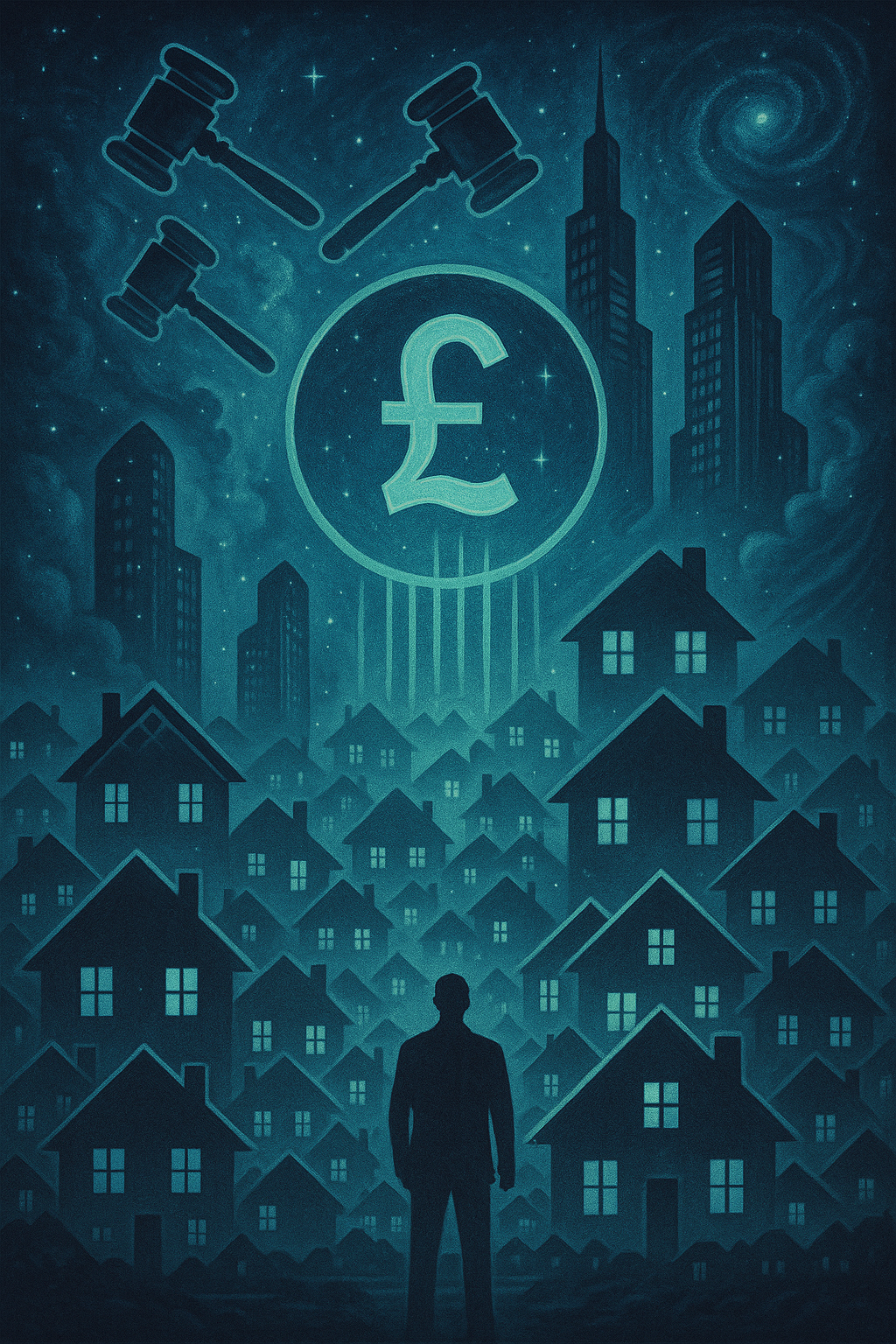Popular articles
Let us begin at the root, as reason demands. Wealth distribution is not merely an economic puzzle but a moral one: how do we ensure that the fruits of human effort flow to those who create, not just those who command? Across the Anglosphere—Britain, America, and beyond—the prevailing answer has been to erect a fortress of regulations, each law promising fairness, safety, and high standards. Yet the evidence is stark: our standards are low, our small businesses suffocate, and wealth concentrates in ever fewer hands. The Sovereign Liberty Index proposes a radical clarity: to dismantle this regulatory thicket is to liberate the engines of equitable wealth—small and medium enterprises—and expose the hollow pieties of those who defend the status quo.
First principles guide us. If the purpose of regulation is to protect and elevate—workers, consumers, communities—then its failure is not a matter of intent but of design. Consider the UK, where bureaucratic sprawl has become a national pastime. Small businesses, the lifeblood of local economies, face compliance costs that devour time and capital. A recent insolvency wave among British retailers, crushed by regulatory burdens while global chains sailed on (Financial Times, April 2025), reveals the truth: regulations are not neutral. Large corporations, with their legions of lawyers and lobbyists, treat rules as hurdles to be vaulted or reshaped. SMEs, lacking such arsenals, are trapped—forced to navigate a maze that their competitors barely notice.
This asymmetry is the bullshit detector for the left’s reflexive faith in regulation. If more laws guaranteed fairness, why do we see stagnant wages, crumbling public services, and a wealth gap that yawns wider each year? The NHS, bloated with administrative mandates, delays care that private providers deliver swiftly (The Guardian, March 2025). Our education system buries teachers in paperwork while students graduate unprepared. The regulatory state, far from leveling the playing field, tilts it toward those already at the summit. It is a system that punishes the nimble and rewards the entrenched—a betrayal of the very justice it claims to uphold.
What, then, is the remedy? Return to first principles: a system that empowers competition and accountability, not control. Deregulation is not a call for chaos but a demand for simplicity. Strip away the rules that choke SMEs—complex tax codes, labyrinthine compliance forms—and you lower the barriers to entry. Pair this with clear, universal standards: wages that reflect living costs, safety measures that protect without paralyzing. Standards are not synonyms for regulation; they are outcomes, achievable through transparency and enforcement, not bureaucratic excess. When SMEs thrive, they hire locally, spend locally, and keep wealth circulating in communities, not siphoned to corporate havens.
The left will protest that deregulation favors the greedy, but this is where reason cuts through dogma. A market choked by rules is not free; it is rigged. Big firms exploit regulatory complexity to maintain dominance, while SMEs—the true engines of innovation—struggle to breathe. Free them, and you unleash a torrent of competition that redistributes opportunity organically. This is not blind faith in markets but a wager on human ingenuity, grounded in the observable failure of overregulation.
Subscribe to unlock premium content
Sed at tellus, pharetra lacus, aenean risus non nisl ultricies commodo diam aliquet arcu enim eu leo porttitor habitasse adipiscing porttitor varius ultricies facilisis viverra lacus neque.
The Great Wealth Generation Act 1.0

The Great Democracy Restoration Act

UK Nutrition Act 1.0

The Great Wealth Generation Act 1.0

The Great Democracy Restoration Act

The Great Wealth Generation Act 1.0







